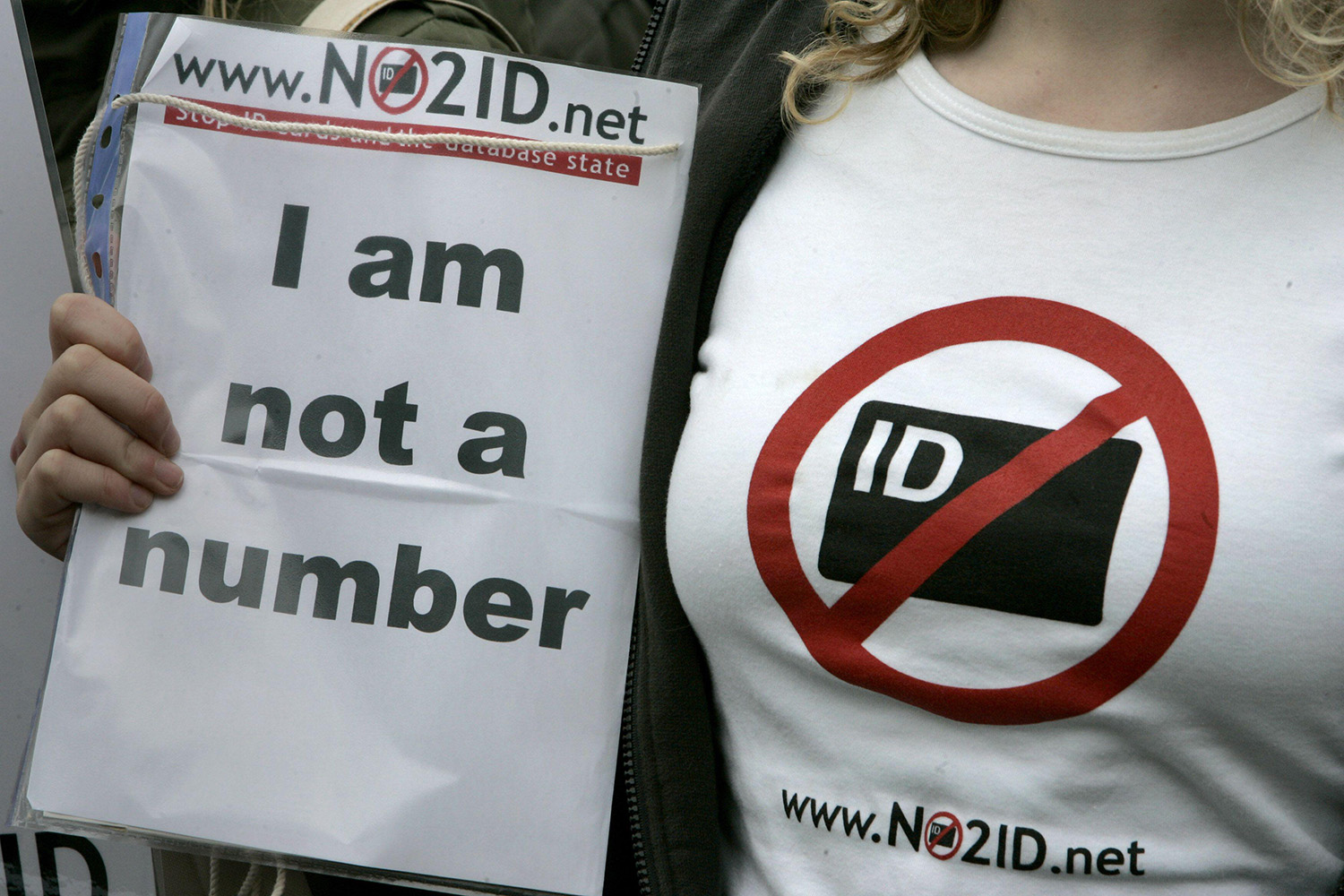Labour MP “Couldn't Give A Monkey’s” About Left's Concerns On Digital IDs
Labour MP Jake Richards said he doesn't care if progressives in his party criticise plans for a digital ID card (UK Parliament)
4 min read
A Labour MP urging the government to introduce digital ID cards said he “couldn't give a monkey’s” about concerns from progressives in his party if the move can deliver policy results.
Jake Richards, who is spearheading a group of mainly 2024-intake MPs pushing the idea forward, said the technology could be used to streamline public services, modernise the public’s interactions with the state and help ministers tackle illegal migration.
However, there is criticism by campaigners over privacy, data security and equality, as well as fears over authoritarianism with its potential use in managing the border.
Former prime minister Tony Blair has long been an advocate for digital ID cards, arguing it can help with border control by creating “a system of identity so that we know precisely who has a right to be here”, with others arguing it would prevent illegal immigrants from falsely claiming benefits and unfairly accessing NHS services.
However, opponents such as campaign group Big Brother Watch say they can be misused for mass surveillance and “be abused for the tracking, targeting or other differential treatment of ethnic, religious and other marginalised groups”, which is why MPs on Labour’s left such as Clive Lewis have previously branded the concept “an utter dystopian disaster”.
But Richards told The Rundown podcast from PoliticsHome that he wasn’t bothered if it made progressives in his party queasy about the direction it is taking.
“I don't think it should make progressives feel like that,” he said.
“And even if it does, I don't care, because we have been elected on a manifesto to get control of our borders, to bring down levels of immigration, to tackle illegal immigration, which the last government have failed to do.
“If this is a weapon to do that, then I couldn't give a monkey's whether a few progressives somewhere are worried about it.”
The MP for Rother Valley said he understood some of the privacy and security concerns and was not arguing there was “a mandatory digital ID that should be plucked off the shelf and enforced in legislation by the end of the year".
“I just think that this is an agenda that really needs to be thought through," he said.
 There was fierce opposition the last Labour government sought to bring in ID cards (Alamy)
There was fierce opposition the last Labour government sought to bring in ID cards (Alamy)
Although a new digital ID system is not currently government policy, with Home Secretary Yvette Cooper understood to be sceptical of the plan and its ability to tackle people working illegally in the black market, pressure on the government to adopt such a project is coming from some MPs and figures within the party.
Dan Carden – chair of the Blue Labour group of MPs – told PoliticsHome the project could be used to restore public trust between the party’s working-class voter base and public institutions, as well as taking on the rise of the Reform party and Nigel Farage.
Physical ID cards were briefly brought in by the last Labour administration before being scrapped by the coalition government after proving highly controversial.
Richards told the podcast that public opinion had shifted over the last 20 years since Blair brought them in, as had the Labour Party itself, which is why now is the right time to revisit the idea.
“I was asked by someone recently, where is the opposition to this agenda in the Labour movement? And I genuinely can't think of an obvious example,” he said.
The Labour MP argued that on so-called “control issues” like crime, immigration and national security, the UK is “operating in a completely different space now”, plus people already share vast quantities of data about themselves.
"The world has moved on considerably since that period," he said.
He added: “It's not just about what you might call authoritarian issues.
"Actually, in my view, the most exciting part of this agenda is about public service reform and making our NHS much more accessible for citizens, empowering citizens within the health service, the education system, tailoring our education services for every student in a much more nuanced way.”
